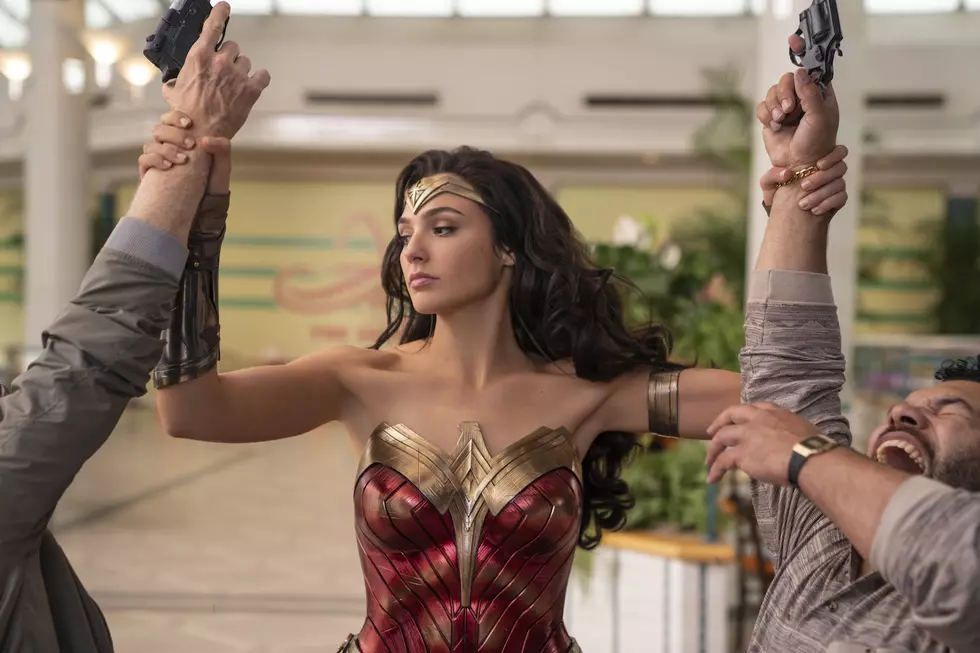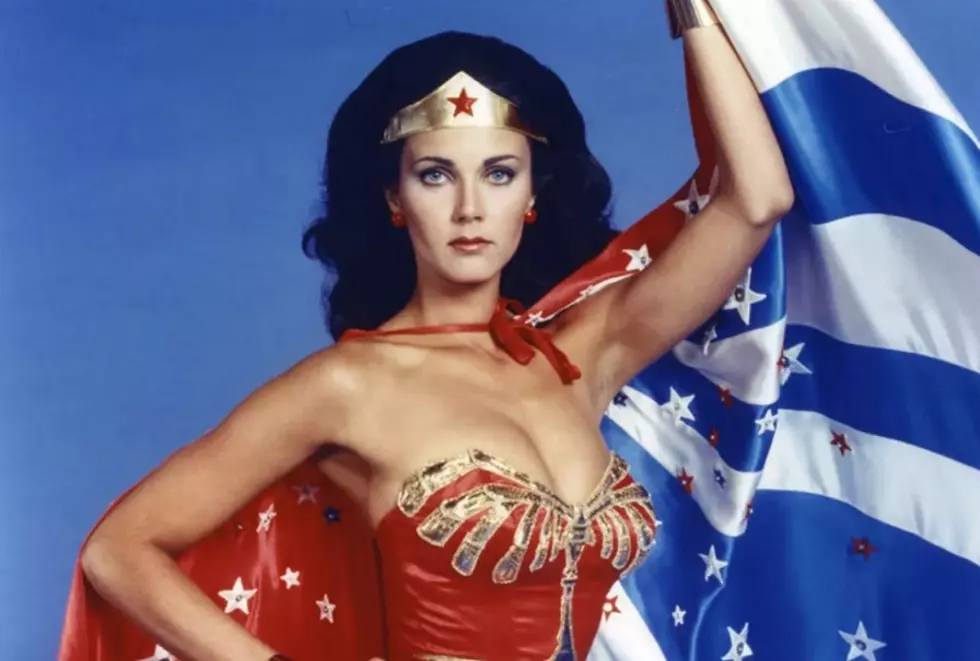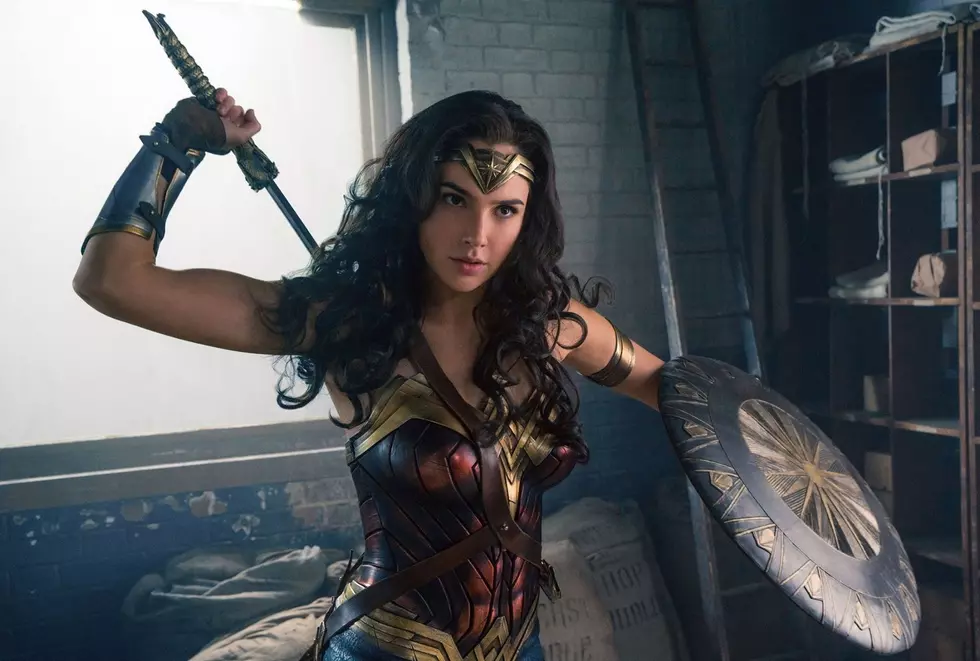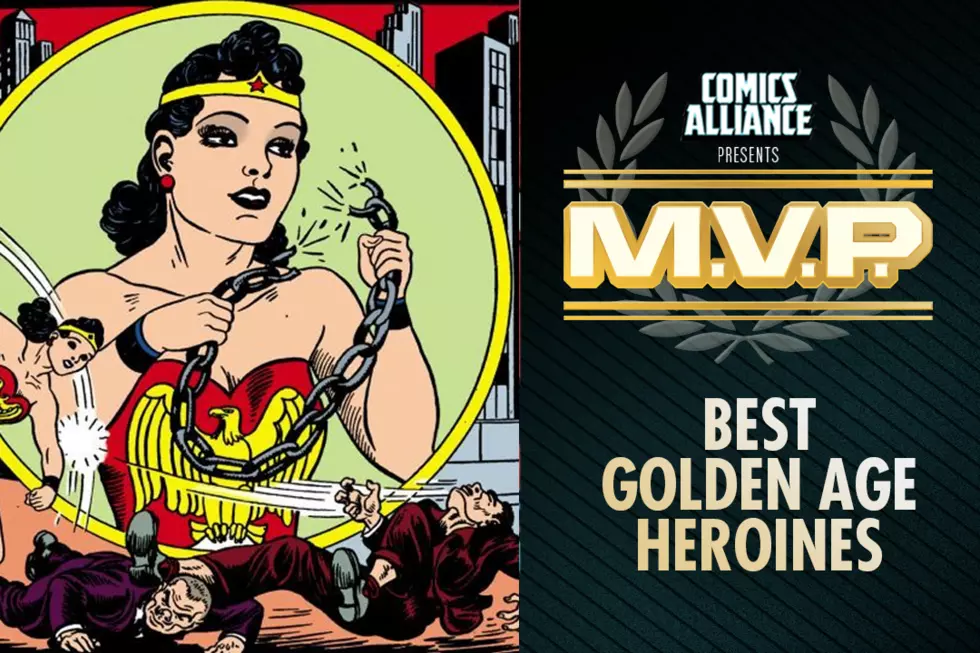
‘Wonder Woman’ Pilot Script Review: The Good, the Bad and the Crazy
 A few weeks back, ComicsAlliance reported that after initial word that it had been shelved, a pilot for a Wonder Woman television series written by veteran showrunner David E. Kelley had been picked by NBC -- and it wasn't too long after that rumors of a leaked first draft of the script started to float around the comics Internet.
A few weeks back, ComicsAlliance reported that after initial word that it had been shelved, a pilot for a Wonder Woman television series written by veteran showrunner David E. Kelley had been picked by NBC -- and it wasn't too long after that rumors of a leaked first draft of the script started to float around the comics Internet.
As you might expect, a copy eventually came across our desk here at CA, and having read it, I've got to admit: As much as it's all over the map in some (read: most) parts, I can't actually say I didn't like it. Then again, while I've never been all that into Wonder Woman, I actually am a fan of Kelley's work on shows like The Practice, so I'm pretty much up for anything that gets us a step closer to James Spader going back to the well of Boston Legal's Alan Shore to play a tall, handsome, completely amoral version of Dr. Psycho.
But before I move on to my thoughts about the script, a quick caveat: As much as this has been touted as being Kelley's script, I'm not actually sure if it's the genuine article. And even if it is, it's a first draft, which means that there's a good chance that the entire thing could be completely overhauled by the time it makes it to the final shooting script, let alone if and when it makes it to air. That said, there's a lot in it worth talking about, whether it's Good, Bad, or just downright Crazy.
For starters, there's the one thing I absolutely loved about the pilot: it does not waste time with an origin story. That's not to say that Kelley just drops viewers right in without addressing anything from Wonder Woman's past, but it's worked in with the main plot through quick flashbacks that hit the high points to give you everything you need to know, and it does a fine job of boiling things down to the essentials.
It's the origin story that Wonder Woman fans are already pretty familiar with: Diana is from a hidden island of immortal Amazons called Themyscira where she was trained to be a great warrior, and came to America after military pilot Steve Trevor crash-landed.
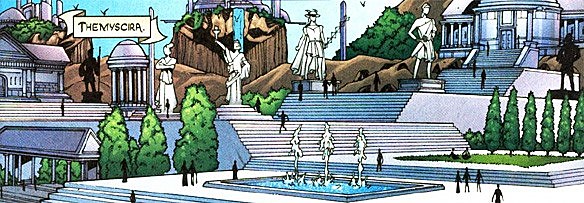
The difference is that by the time the show starts, all that is in the past. Kelley's verison of Wonder Woman is already a well-known figure who has been in America for at least four years as a super-hero celebrity. She's a crime-fighter who also runs her own billion dollar company, a pretty interesting take on the character that's highly reminiscent of Greg Rucka's run on the comics, only with the international politics of the Themysciran embassy replaced with the corporate intrigue of the awkwardly named Themyscira Industries.
In setting the show at a time when Wonder Woman is already established and building her backstory in a slightly more organic way than just starting on Paradise Island, Kelley's managed to accomplish something most super-hero movies and television shows don't: He's eliminated the need for the boring parts. We already know that Diana ends up in America, fighting crime as Wonder Woman, so why not just go ahead and skip the boring parts that lead up to it?
Right from page one, that puts it a step ahead of Smallville.
Kelley takes advantage of it, too, hitting the ground running with a story that immediately pits Diana against another element lifted from Greg Rucka's run, Veronica Cale:
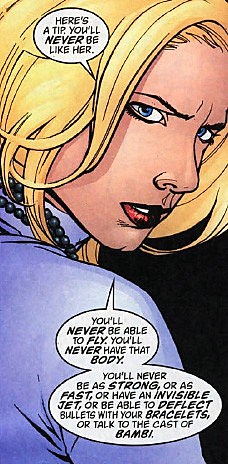
If the pilot script is anything to go by, Cale -- who was created, according to Rucka, to be Wonder Woman's equivalent of Superman's foe Lex Luthor -- will probably take a spot as the main villain of the series, and again, that's a pretty telling choice. By going with Cale instead of a more traditional Wonder Woman enemy like, say, Ares, it seems like the show is downplaying the mythological aspects of the character in favor of something slightly more grounded in the real world.
This plays to Kelley's strengths, of course -- anybody who's seen an episode of The Practice or Boston Legal will most likely be aware that sinister corporations are one of Kelley's favorite targets -- and it goes without saying that an evil pharmaceutical executive is way easier on a TV budget than, say, the Cheetah or the Silver Swan.
But it seems like there's a deeper meaning there, too: Cale is thoroughly corrupt, dosing people purchased as slaves with untested drugs, buying off politicians and using the law as a shield to hid her own evil while trying to chip away at Wonder Woman's righteousness. Considering that Wonder Woman is often defined by her commitment to the Capital-T Truth, a character who uses lies and trickery as weapons makes for a good foil.
The conflicts aren't only metaphorical, though, and that leads to somethign else I really enjoyed about the script: Wonder Woman kicks ass.

For a show about a super-powered warrior, it takes its time getting to the action scenes -- which I imagine is an inevitable by-product of having to do setup, even if Kelley does neatly sidestep the full-on origin -- but when it hits, it hits. At the climax of the show, Kelley has Wonder Woman taking on 20 guys who are jacked up on what essentially amounts to Captain America's Super Soldier Serum, and he treats it like an actual fight. She hits, gets hit, thrown around, and dogpiled, and eventually just beats the hell out of them.
It's not at all unexpected, but -- and again, keep in mind this is just from the script, and visuals can make or break this sort of thing -- it's set up far better than I expected. There's even a part that couldn't possibly make it to the screen that I think really says it all: For most of the script, her lines fall under the heading of DIANA. When the fighting starts, though, she's WONDER WOMAN.

Unfortuantely, the script is not without its flaws, and there's one pretty obvious misstep: It is the year 2011. One would think that we could have a television show about Wonder Woman that did not involve her crying over heartbreak.
 Admittedly, it's not as bad as it sounds -- Wonder Woman's relationship with Steve Trevor is the cause, and there's an actual twist to it that's pretty interesting -- and it almost works in the context of what the script is getting at, but seriously: In her first episode, Wonder Woman cries twice, and she's shown on the verge of tears a couple more times besides. I'm not against emotional content in my stories, but for real, twice?! That's pushing it.
Admittedly, it's not as bad as it sounds -- Wonder Woman's relationship with Steve Trevor is the cause, and there's an actual twist to it that's pretty interesting -- and it almost works in the context of what the script is getting at, but seriously: In her first episode, Wonder Woman cries twice, and she's shown on the verge of tears a couple more times besides. I'm not against emotional content in my stories, but for real, twice?! That's pushing it.
It all stems from a character choice that's just mystifying to me, in that Wonder Woman is simultaneously a confident, successful businesswoman and super-hero who is also homesick and feeling alone in the big city. Again, I am totally behind walling off Themyscira as a mystical dimension that she doesn't know how to get back to, and I'm even completely with the idea that Wonder Woman would debate her place in the world she's trying to change. But when this leads to Wonder Woman ending the episode by having an ice cream-filled slumber party with her BFF --seriously -- you've lost me.
There's another weird element to this too, in that Wonder Woman's desire to fit in and have a normal life leads her to create the "secret identity" of Diana Prince, who works as an ill-defined employee of Wonder Woman's own company. This feels like something that was lifted wholesale from Superman -- Kelley even has her rocking a pair of Clark Kent glasses when she's incognito, just like she used to back in the day -- that just doesn't feel right for Wonder Woman, especially if she's already running a business and fighting crime and hanging out getting martinis with Myndi Mayer.
Also, while it's clear that the script is drawing a lot from George Perez and Greg Rucka -- probably the two best runs the title's ever had -- it's also going way back to the Golden Age to include Wonder Woman's original sidekick (sigh) Etta Candy.

Really, guys? We're going to keep Etta Candy around for another few years? Thankfully, she doesn't appear all that much.

And then we have the rest of the script, which is just ridiculous enough to go either way. Starting with Wonder Woman's gang of teenage sidekicks. Yeah, you read that right.
In Kelley's version, Wonder Woman employs a dozen hip young people to help her gather evidence in what basically amounts to her version of Sherlock Holmes's Baker Street Irregulars, except that they live in her basement, which is described in terms that make it sound like the Foot Clan hideout from Teenage Mutant Ninja Turtles: The Movie, and occasionally break out into a Kanye West dance party.
Seriously. That's all in the script. The only part I left out was that the basement is actually called "the Dungeon," which is somehow even weirder.
It's also worth noting that the Wonder Woman of the TV show can't fly -- she's described as being super-humanly strong and fast and has the golden lasso, which is inexplicably described as torturing people (?!) -- which leads to her airplanes. Plural.
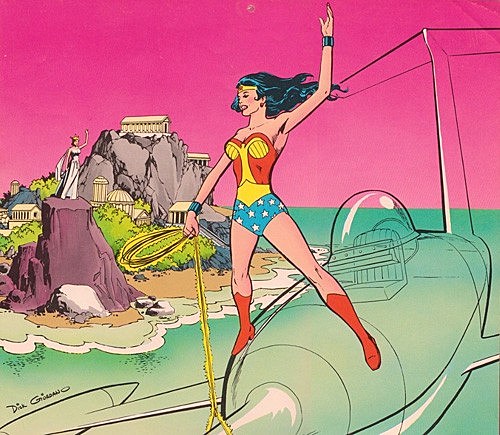
The invisible jet is discarded, but in its place, Wonder Woman has a fleet of super-small, super-high-tech planes, done up in different bright, primary colors. Meaning that instead of one invisible jet, she has a whole bunch of extremely visible jets, which I thought was pretty funny.
It also leads to what might be the absolute craziest part, in which Wonder Woman gets into her special one-woman aircraft that has battering rams on the front of it so that she can crash a plane into her enemy's building in a scene that defies even video game logic. This is... problematic, but --
Hang on. A highly advanced aircraft no bigger than a sedan with battering rams on the front that's flown by a member of the Justice League? Guys, I'm 90% sure we might be seeing the first TV appearance of The Supermobile:
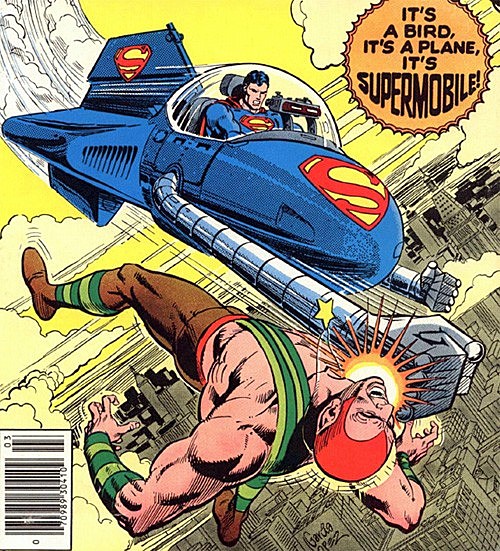
I take it all back. If that thing makes it to TV, this will be the greatest television show of all time.
More From ComicsAlliance



